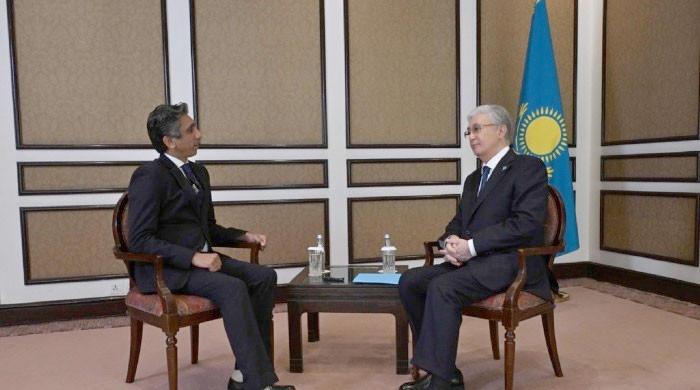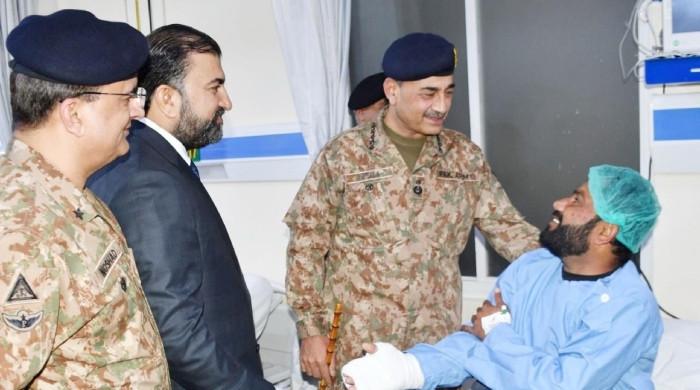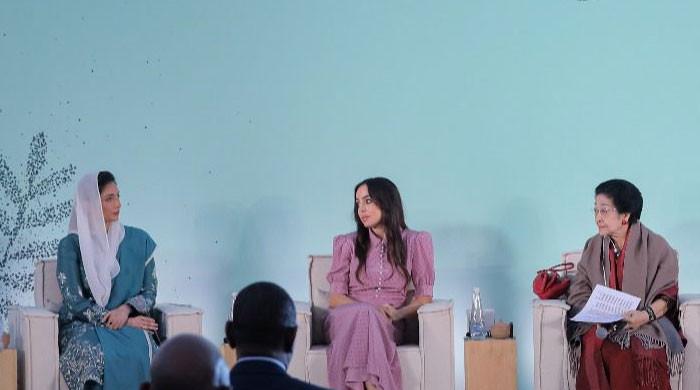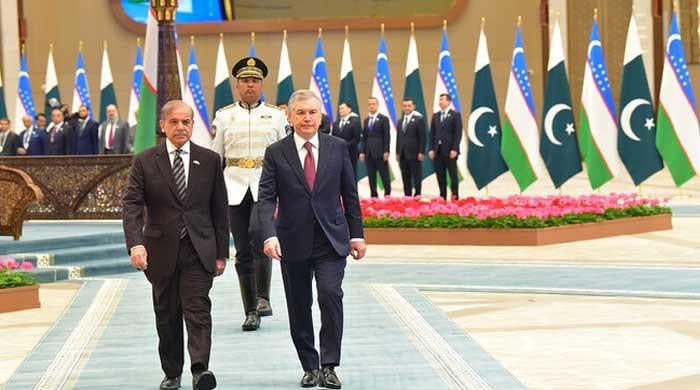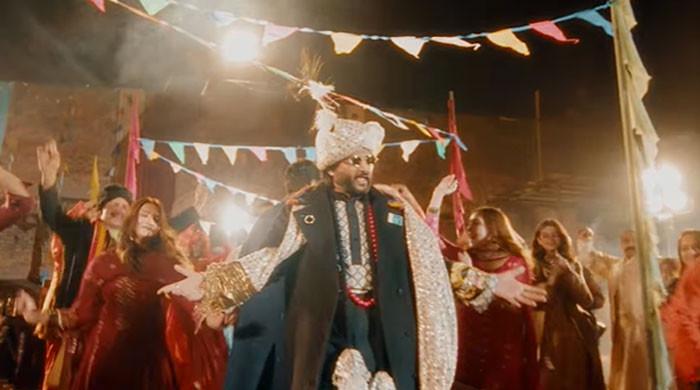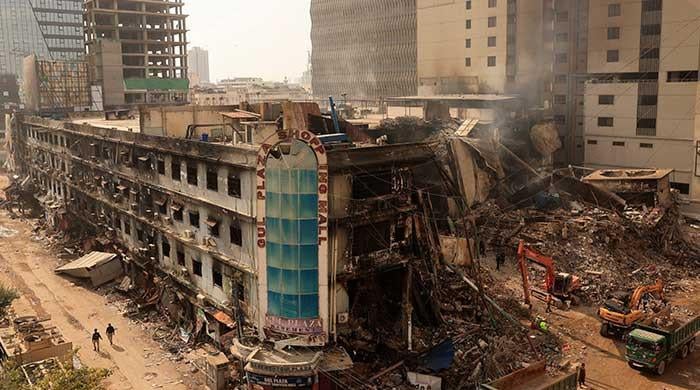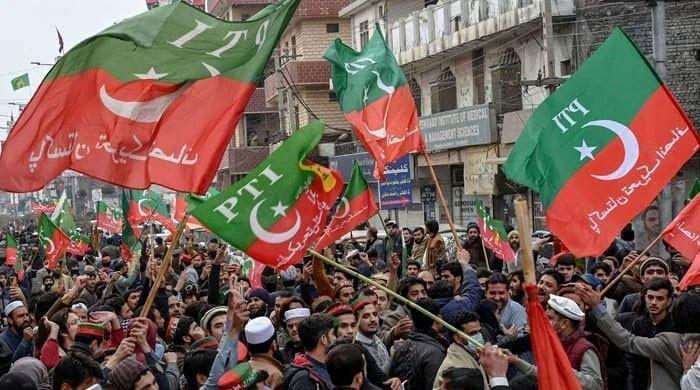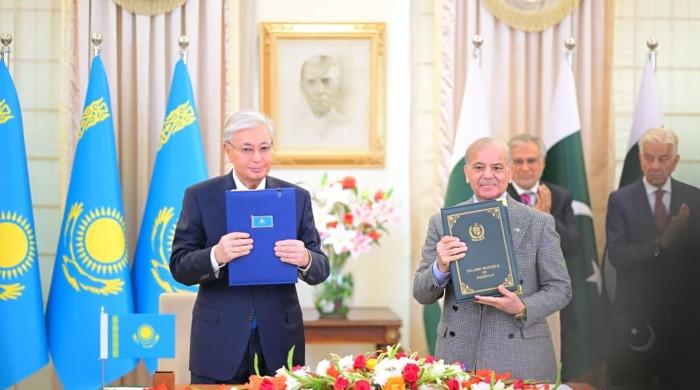Taliban should respect international opinion, norms: FM Qureshi
Foreign minister says engagement with Taliban is important because consequences of disengagement are far worse
September 01, 2021
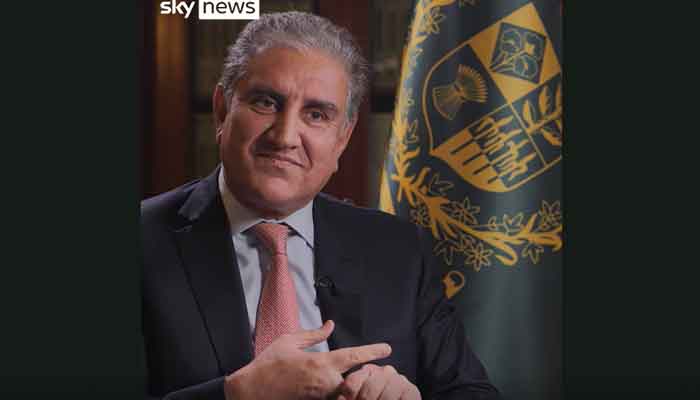
- The West’s withdrawal should have been "responsible and orderly", says Shah Mahmood Qureshi.
- Foreign minister hopes the Taliban have learned from their past mistakes.
- FM Qureshi believes statements made by Taliban have so far been positive and encouraging; we must test them, before trusting them.
The Taliban should respect international opinion and norms because if they are in power they would require assistance, Foreign Minister Shah Mahmood Qureshi has said.
In an interview with Sky News, published on Wednesday, Qureshi said he is of the view if the Taliban are in charge they will need humanitarian and financial assistance.
"Otherwise, we will see an economic collapse, and do we want to see an economic collapse? And if there is an economic collapse, look at the repercussions, look at the consequences that would lead to.”
Withdrawal should have been 'orderly, responsible'
Qureshi said that Pakistan had asked for the peace process negotiations to move in tandem with the withdrawal of troops so there is no sense of insecurity and anxiety.
He said he had been saying in his engagements: "Withdrawal is inevitable. Make sure it is a responsible, orderly withdrawal."
“[What we saw on the television] was not responsible and not orderly," he told the interviewer, adding: "Why was there such a rush?"
Options for international community
The foreign minister said that the international community has to weigh its options now. The first option is engagement, as opposed to isolation.
Of isolation, he said: "It's a dangerous option. That's an option of abandonment, of Afghan people. Of people. I'm talking of the people.”
“That's the mistake that was committed in the 90s. I would urge the international community not to repeat the same mistake again,” he said, adding that if this happens “it could lead to a civil war, things could become chaotic, there could be anarchy”.
He said that will moreover give space to "the organisations that we all dread", the international terrorist organisations whose footprint we do not want growing.
When asked whether he wants the international community to recognise the Taliban as the legitimate rulers of Afghanistan, the federal minister said that he only feels that it is important to "engage" with the Taliban because the “consequences of disengagement are far worse.”
“The initial statements that the Taliban have made are positive, are encouraging,” he said.
Qureshi noted that the international community is sceptical because it is unsure if the Taliban mean what they have said and if they will implement the same, however, we should simply "test them".
When asked that whether the minister believes they have changed and can be trusted, Qureshi stated: “All I can say is I hope they have. I hope they have learned from their mistakes. They have suffered as well. They have been isolated.”
He added, however, that does not mean one should sympathise with them.
“I think the attitude and approach that they have demonstrated so far is reflective of a different approach,” he said.
“What I am saying is, test them before trusting them.”
Qureshi said we should “see if they live up to [the statements made] and if they do, then build on it because the other option is far worse”.
'Flags were waved but you must remember we host 4 million Afghans'
On people celebrating the Taliban's victory out in the streets of Pakistan, the foreign minister said: “First of all, if there was raising a flag in jubilation, do not forget that there are over four million Afghans living in Pakistan."
"Many have connections with the Taliban. They are related. They are family. They have been living here for almost four decades. They want to go back home. The prospect of returning home obviously gives you some sense of relief."
Qureshi dismissed the notion that Pakistan ever supported the Taliban, saying that Pakistan had always "sincerely cooperated" with the international community.
"The Taliban did not require our cooperation. [...] All the militants were [already] in Afghanistan. The political leadership were sitting in Doha negotiating. The fighters were in Afghanistan. Even before the withdrawal, 40-45% of the territory was under their control.
"They didn't need our nod, consent or help. They were managing their own affairs."




